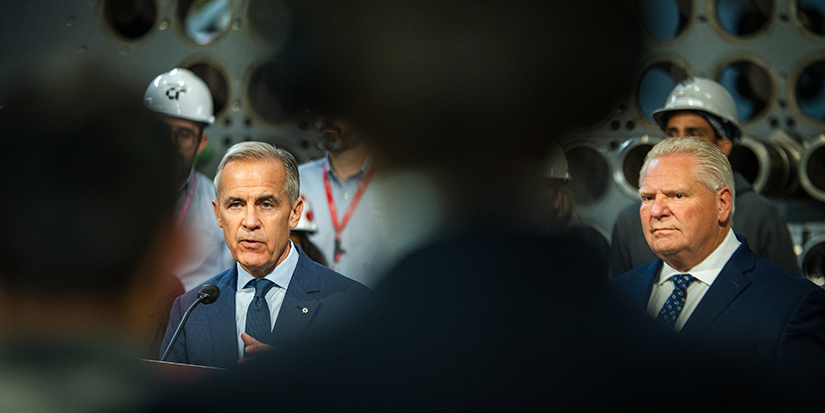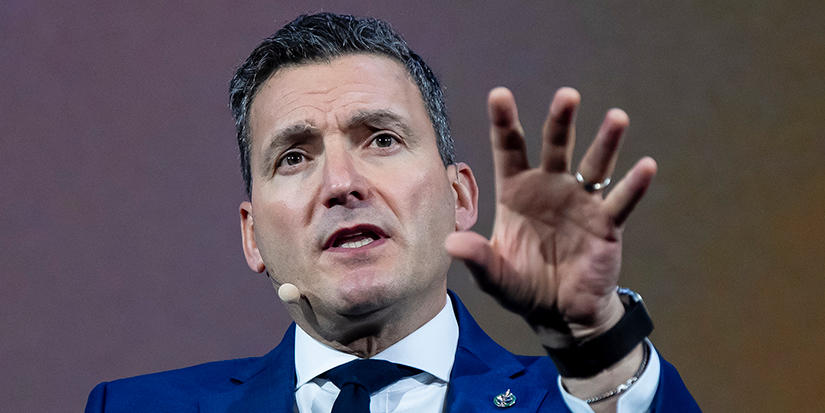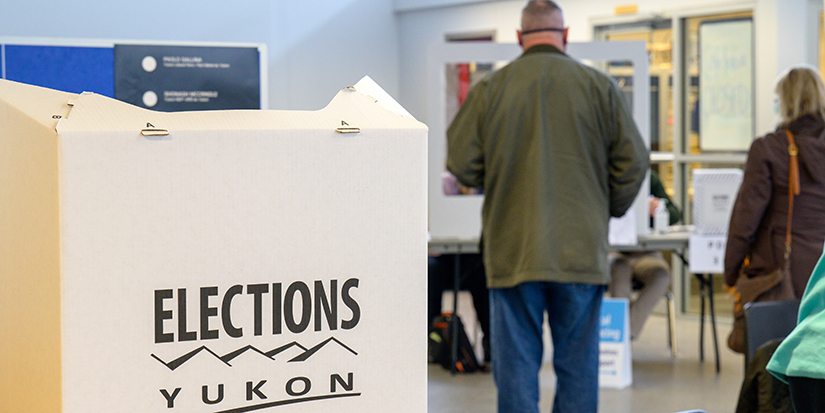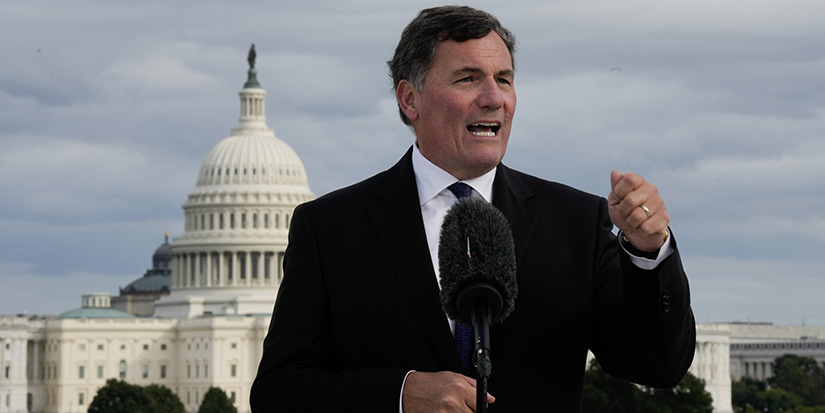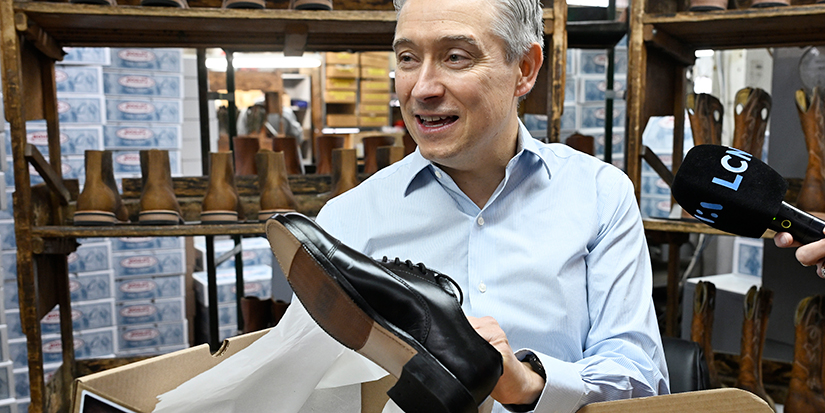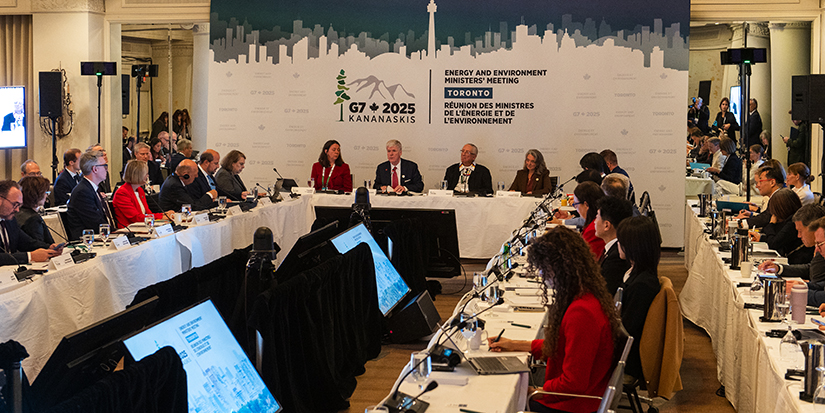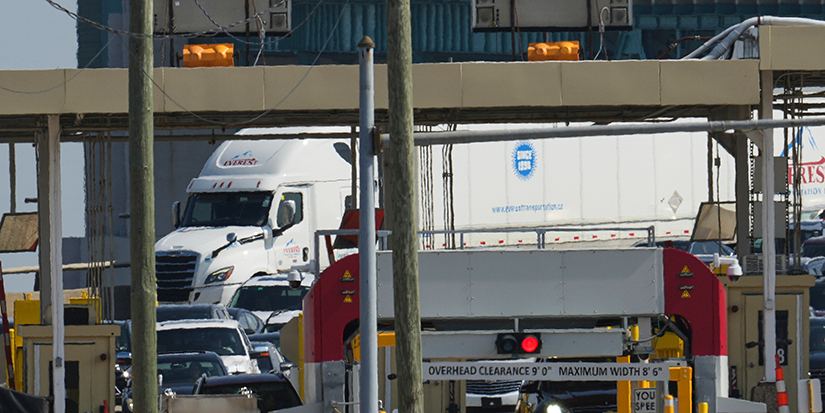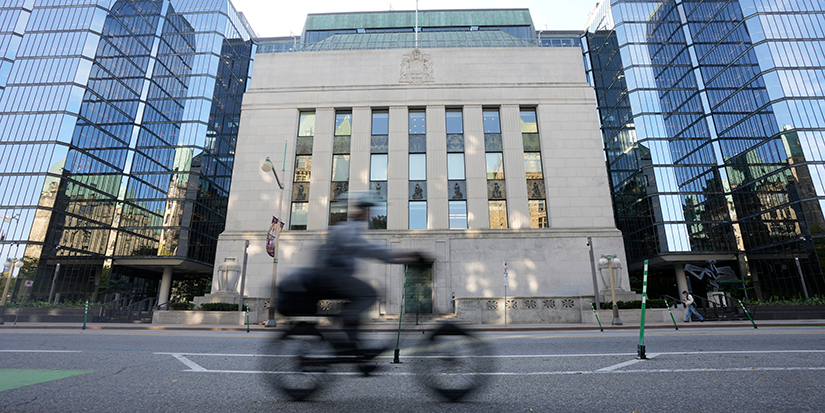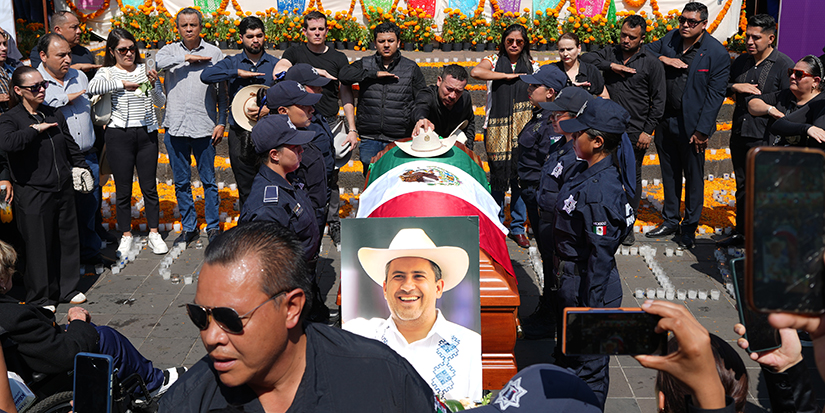Latest News
To bridge or not to bridge
Published 1:56 PDT, Tue May 9, 2017
When asked about the proposed Massey Tunnel replacement bridge, SFU transportation and urban planner Gordon Price says: “land use policy and regional transportation go together.”
“It’s a contradiction; what we say we want and what we do. We’ve still maintained the belief that this sea of green will be held in perpetuity for agriculture and wildlife. It creates a sense that we live in a kind of Eden.”
The problem, as Price sees it is, that land gets value from access.
“Bridges have an immense impact on land and what it is worth,” he said.
Price says we can’t have it both ways, verdant land and the new bridge.
According to Price, “We’ve spent trillions of dollars creating car-dependent urban regions. That’s clearly the vision for the province. They don’t articulate it because it means blowing apart the [Metro Vancouver Regional] plan and using that farmland south of the Fraser for housing.”
BC Transportation and Infrastructure Minister Todd Stoneannounced the start of the bridge project saying it came “after four years of consultation with First Nations, municipal and regional governments.”
And, the next day, April 6, First Nations Chief Wayne Sparrow released a statement. “Musqueam has not been meaningfully consulted nor accommodated for the GMT (George Massey tunnel bridge replacement) project. This project is in the core of our exclusive territory and the provincial and federal government have not received Musqueam’s consent.”
Price says, with the proposed 10 lane bridge, we need to ask ourselves: “Does it match up with the growth strategy of metro Vancouver and the answer is unequivocally no—unless the unstated intent is that the Fraser delta will be developed as residential and commercial. All of that Agricultural Land Reserve (ALR) will be eroded and be part of the suburban sprawl of the Lower Mainland, the way we used to do things.”
And, he says, we’ve seen this before. The Oak Street Bridge was built in 1957 and two years later, Richmond farmland was rezoned to be a post-war suburb.
“That was definitely the idea of the bridge; here was all this flat, cheap land. Land gets value from access.”
I can tell you how to solve the problem and be certain no one will do it,” Price says, “I would bring back the tolls but all the money will be to vastly improve the transit system, to get down the numbers. People don’t want to be stuck in their car if (there are) other choices just as convenient and quick.”
Price says that dropping the number of tunnel drivers by 10 to 15 per cent, would get back to free flowing traffic. He added that improved transit is cheaper than a bridge.
Many people south of the Fraser remember the warnings about congestion the summer the Oak Street Bridge was down to one lane each way for repairs.
Temporarily adding more city buses, and bus lanes the whole way, meant more commuters chose transit instead of their car.
Price says that before we vote, we need to ask our candidates how they are going to respect our vision for Metro Vancouver, “This is what elections are for, to make them have that conversation.”
















